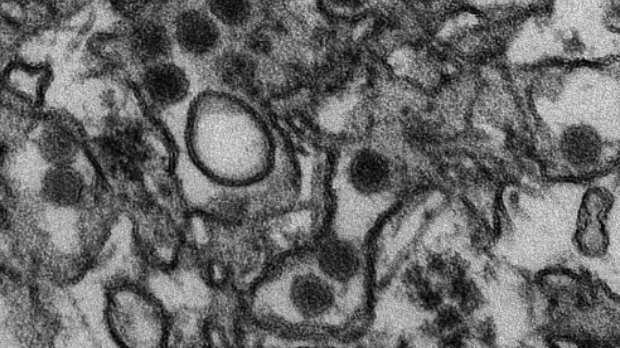 WIKIPEDIA, CYNTHIA GOLDSMITH/CDCAs some researchers work to develop serologic tests to determine past Zika infections (see “New Tests for Zika in the Works,” The Scientist, January 25, 2016), others are focusing on improving the way current infections are detected.
WIKIPEDIA, CYNTHIA GOLDSMITH/CDCAs some researchers work to develop serologic tests to determine past Zika infections (see “New Tests for Zika in the Works,” The Scientist, January 25, 2016), others are focusing on improving the way current infections are detected.
The standard method, using PCR to probe for viral RNA, requires laboratory equipment and skilled personnel. MIT virologist Irene Bosch and her colleagues have designed an assay that can detect viral particles, NS1 protein in particular, in a user-friendly format available at the point of care. “It doesn’t require any adjunct technology,” Bosch told The Scientist.
The test can accept serum kept at room temperature and can distinguish dengue from Zika infections. It’s now being validated in Colombia with support from the US Centers for Disease Control. Should the test hold up to scrutiny, it will be up to a biotech firm to commercialize it, something Bosch is not involved with. “I would imagine it takes a year to have a product ready to be ...





















